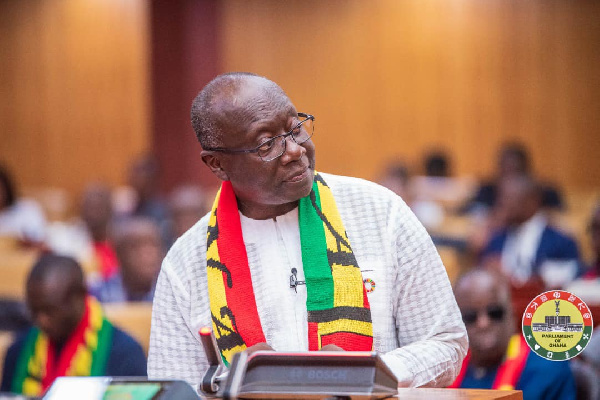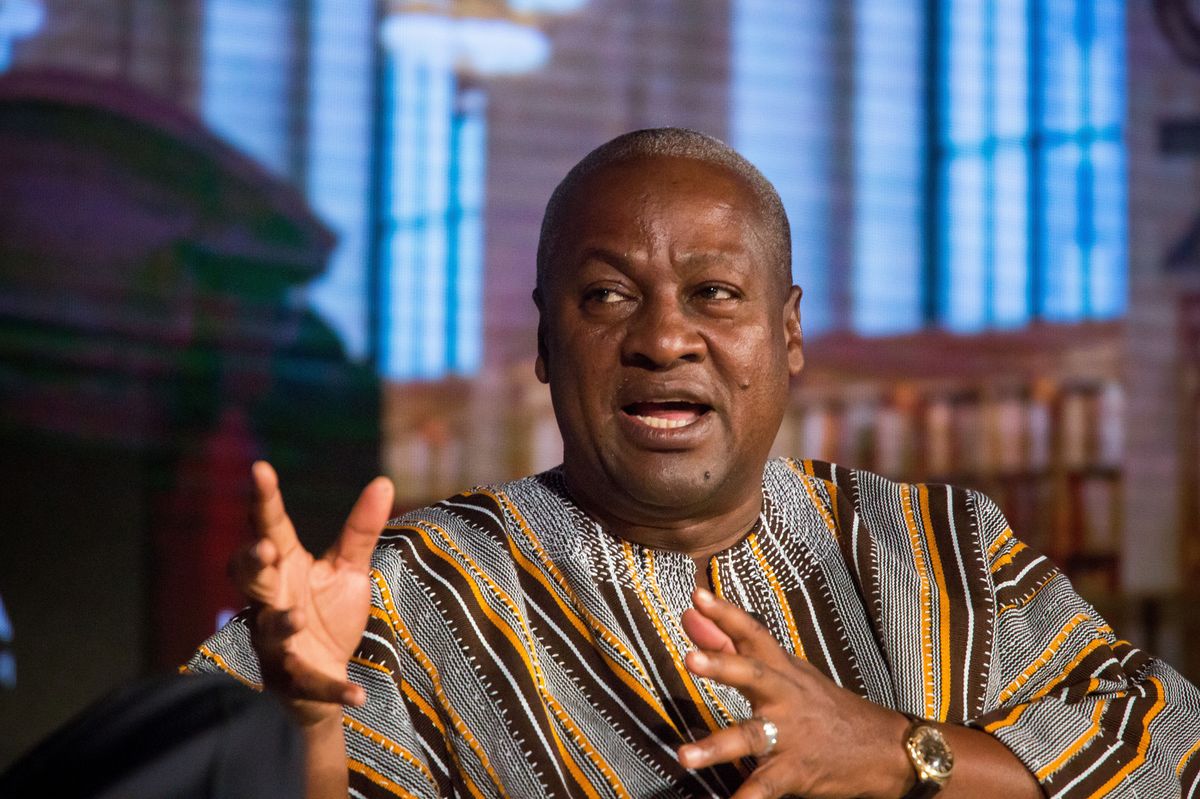Mr Ken Ofori-Atta, Minister of Finance, says under Ghana’s domestic debt exchange programme, domestic bondholders will be asked to exchange their instruments for new ones.
Existing domestic bonds as of December 1, 2022 will be exchanged for a set of four new bonds, maturing in 2027, 2029, 2032 and 2037.
Mr Ofori-Atta made the announcement on Ghana’s Domestic Debt Exchange in Accra on Sunday.
He said the broad contours of the Debt Sustainability Analysis had been concluded and the debt exchange would be launched on Monday, December 5, 2022.
He said the external debt restructuring parameters would be presented in due course, adding that the annual coupon on all the new bonds would be set at 0 per cent in 2023, five per cent in 2024 and 10 per cent from 2025 until maturity.
Meanwhile the coupon payments would be semi-annual.
The Minister said the Government’s commitment to Ghanaians and the investor community, in line with negotiations with the IMF, was to restore macroeconomic stability in the shortest possible time and enable investors to realize the benefits of this debt exchange.
He said the government had been working hard to minimize the impact of the domestic debt exchange on investors holding government bonds, particularly small investors, individuals, and other vulnerable groups.
Mr Ofori-Atta said in line with that, Treasury Bills would be completely exempted and all holders would be paid the full value of their investments on maturity.
“There will be NO haircut on the principal of bonds, individual holders of bonds will not be affected.” Mr Ofori-Atta said.
He said the Government recognised that the country’s financial institutions held a substantial proportion of those bonds.
The Minister said as such, the potential impact of this exchange on the financial sector had been assessed by their respective regulators.
He said the Government working together with regulators had put in place appropriate measures and safeguards to minimize the potential
impact on the financial sector and to ensure that financial stability was preserved.
Some of the measures are the Bank of Ghana, the Securities & Exchange Commission, the National Insurance Commission, and the National Pensions Regulatory Authority will ensure that the impact of the debt operation on the financial institution is minimised, using all regulatory tools available to them.
He said the Government was in the process of establishing a Financial Stability Fund (FSF) with the help of development partners to provide liquidity support to banks, pension funds, insurance companies, fund managers, and collective investment schemes.
It is to ensure that they are able to meet their obligations to their clients as they fall due.
He said, these were difficult times and “we count on the support of all Ghanaians and the investor community to make the exercise successful.”
The Minister said the Government was confident that the measures would contribute to restoring macroeconomic stability.
“With your understanding and support and that of the entire investor community, we shall overcome our current difficulties, and with the help of God, put our economy back on the path of renewed and robust growth,” he added.


















